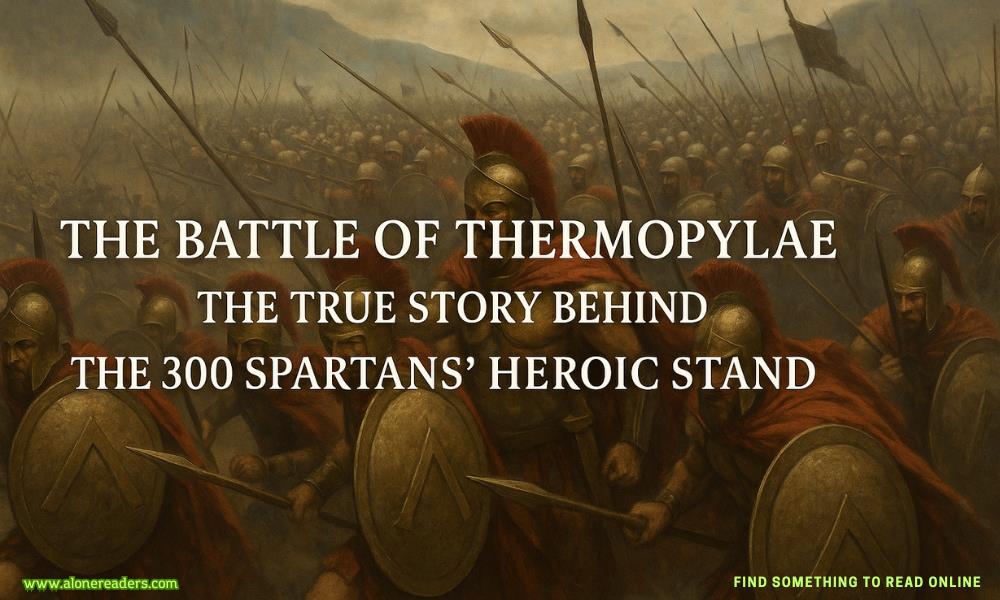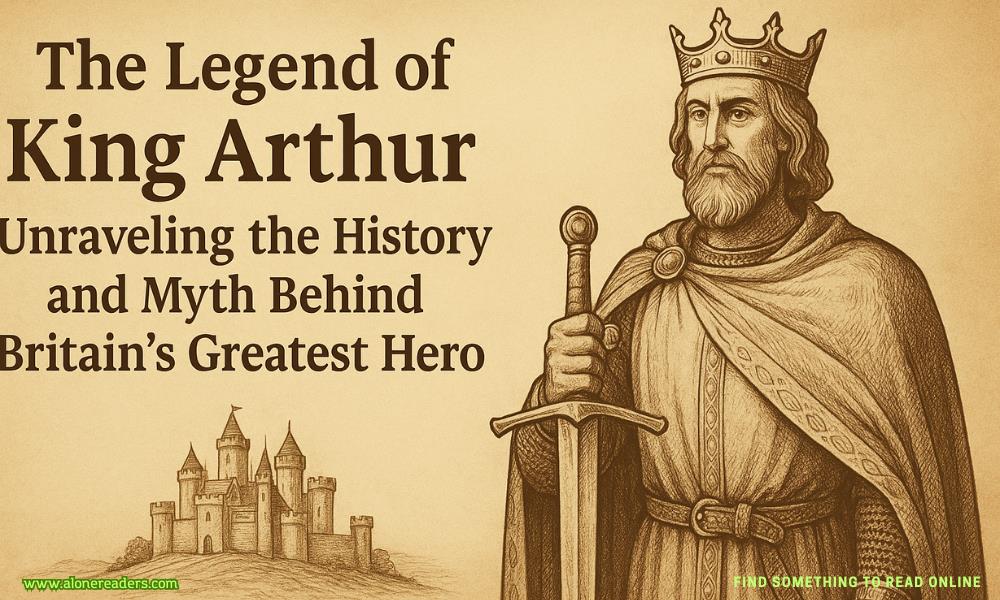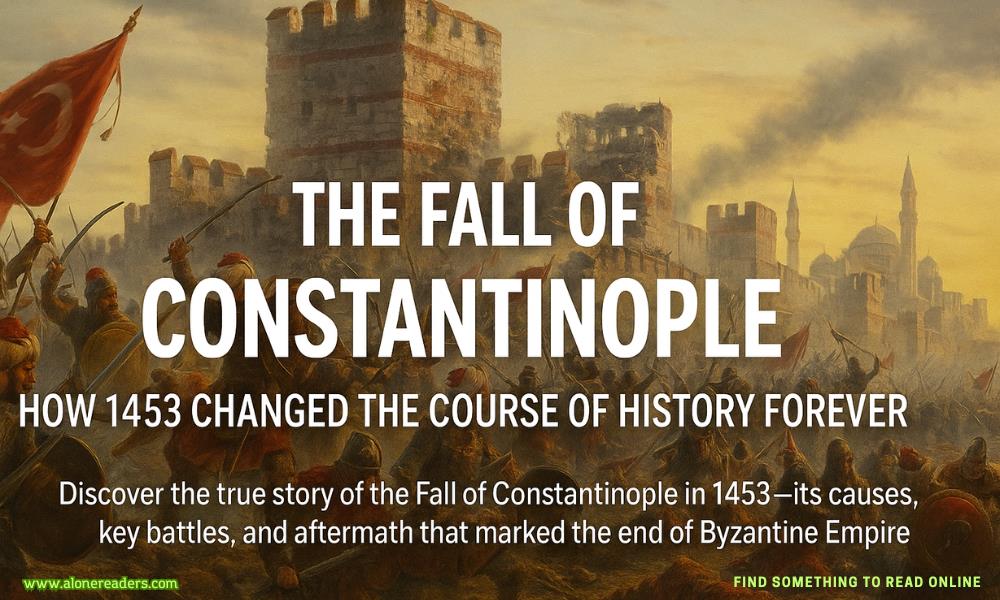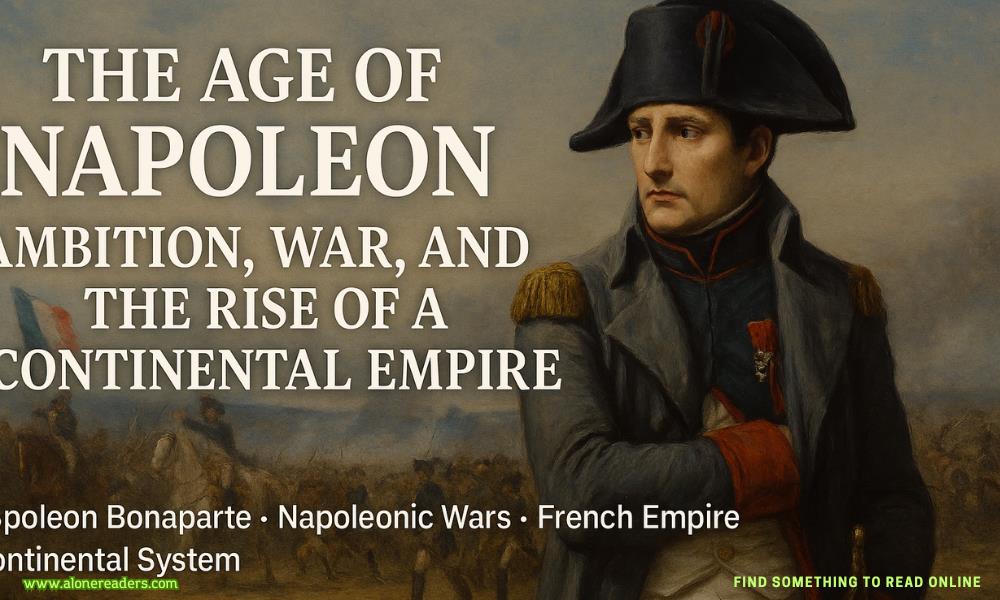Page 70 of Broken Country
“Hardly meek. I told Jimmy I was going to drive him home and he told me to get lost. He was still brandishing his shotgun, drunk out of his mind. It was terrifying. I had to think of something to persuade him into the car. So I told him it was over between me and Beth. That we had ended the affair.”
“Was that true?”
“Not then, no.”
“You’re saying you lied, Mr. Wolfe?”
“Yes,” Gabriel snaps. “On the spur of the moment. It was a stressful situation. I was thinking on my feet.”
Donald Glossop nods but says nothing, allowing Gabriel’s admission to sink in.
“Why didn’t Beth Johnson come in the car with you? Wouldn’t that have made more sense? I would have thought she would have been more able to calm him down.”
“One of us needed to stay behind with my son. He was traumatized, he believed I was going to be killed.”
“What happened when you arrived at Blakely Farm?”
“Frank was in the yard as we drove in, and he came straight over to the car and helped Jimmy into the farmhouse. That was the last time I saw him.”
“If we could pause there for a moment. This was the first time you had seen Frank Johnson since he had learned of your affair with his wife? Is that right?”
“Yes.”
“He must have been very angry with you…?”
“If he was, he didn’t show it. If anything, Frank seemed grateful I’d brought Jimmy home”—Gabriel falters, then recovers himself—“in one piece. He thanked me.”
“Hethankedyou.”
When Donald Glossop was announced as Crown counsel my sister spent a day in the British Library reading up on the cases he had won. “He’s a performer,” she told me. “He acts up for the jury and gets them onside. He amuses them, makes them laugh, lulls them into a false sense of security. Then delivers his bombshell. It’s his trademark.”
“I’m not sure I’d bethankingyou in the same situation, Mr. Wolfe. If it were my wife, my vocabulary would be rather more colorful.”
There is a ripple of laughter in court, several jurors smile. The woman with gray hair and electric-blue spectacles. I’dalready registered the flamboyant glasses, wondered what they were meant to signal. The man in pinstripe, whom I think of as “City Gent,” puts his hand to his mouth, trying to conceal his grin.
“Frank Johnson has never shown me any anger, not once, despite the obvious provocation of me sleeping with his wife,” Gabriel says, evenly. “Jimmy was volatile and prone to bursts of violence. But not Frank, not in my experience.”
The man under discussion looks blankly ahead, as he has all morning. If Frank were a poker player, he’d win every hand. His face is inscrutable, devoid of feeling. I know, better than anyone, how he pines for his brother, how he mourned him, the harrowing sobs that would rise from his chest in the middle of the night, try as he might to disguise them. Frank, who barely cried in all my years of knowing him, has wept a lake of tears for Jimmy. But the jury doesn’t know that.
“You are paying Frank Johnson’s legal costs, are you not?”
Gabriel hesitates, wrong-footed now. None of us expected this to come out in the trial.
“Should I repeat the question?”
Gabriel shakes his head, irritated.
“I can afford it. And the Johnsons can’t.”
“Most generous, I am sure,” Mr. Glossop says in his honey-like tone. He turns once more to the jury. “I hear these legal bills can be cripplingly expensive.”
More laughter, the jury are enjoying themselves. It is a moment’s reprieve from the grim reality of a murder trial.
“I wonder, is there not another motivation for doing so? You have told the court you loved Beth Johnson, the defendant’s wife, and always had. Is it fair to say you have her best interests at heart?”
“Yes. No. Not in the way you mean.”
“I don’t believe you have any idea what kind of man FrankJohnson is, as you barely knew him. Your relationship was with hiswife.A veryintimaterelationship. It seems unlikely Frank Johnson would have wanted to spend a single second inyourcompany.”
- Her Desert King by Marian Tee
- A Wife's Duty by Sam Crescent
- The Gift that Keeps On Giving by Jessa Kane
- Hard Hearts by Ella Goode
- Obsidian Devotion by Sylvia Rae
- Sold to the Single Daddies by Summer Haze
- Coast by Jessica Gadziala
- Jezebel's Liberation by Lacy Rose
- A Touch of Fate by Cora Reilly
- Relentless Knight by Lisa Cullen
- The Cheerleader by Jade Marshall
- With this Ring by Sierra Cartwright
- Axel by Kelly Finley
- Ice Cold Liar by Cynthia Eden
- Her Daddies' Everything by Laylah Roberts
- Bound By Lust by Rose Marie







